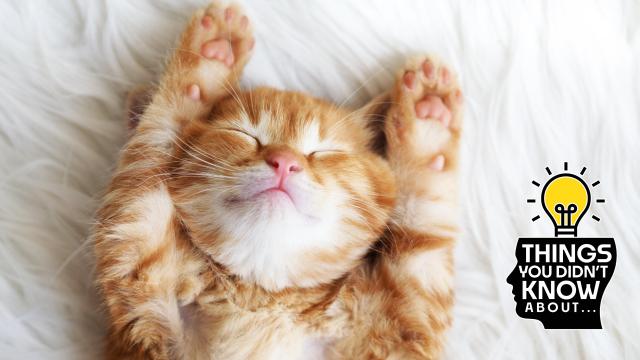Anyone who’s gone through an all-nighter or has had bouts of insomnia knows that getting adequate sleep is a key part of feeling good. Next to regular physical activity and avoiding risky things like smoking, ensuring that we usually have a good night’s sleep might be the most impactful thing we can do to improve our odds of a well-lived and long life.
But despite sleep taking up about one-third of our time on Earth, scientists have only barely begun to scratch the surface of understanding why sleep is so important. Here are some of the few lessons we’ve learned to date.
A Good Night’s Sleep is Heart Healthy
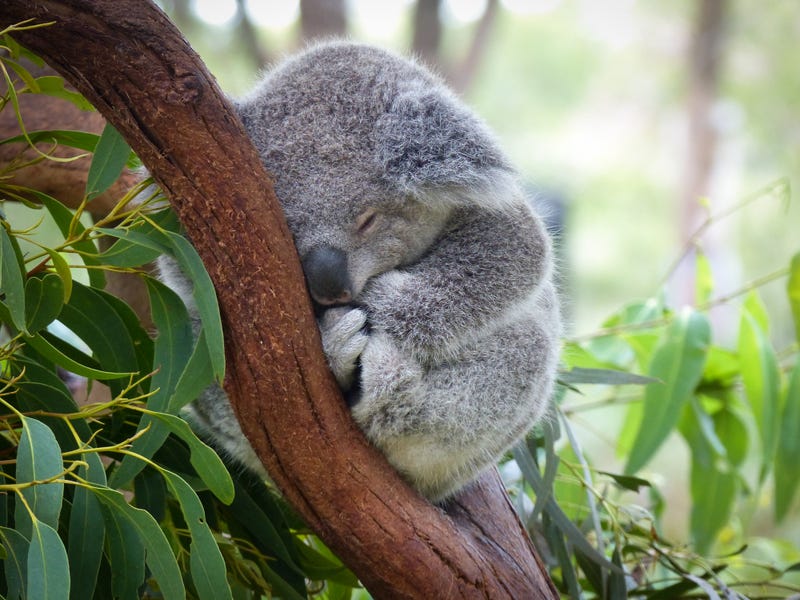
For instance, research has consistently shown that poor sleep is tied to a greater risk of heart attacks, stroke, and heart disease. One reason for this connection is that poor sleep is associated with other cardiovascular risk factors such as high blood pressure, type 2 diabetes, and obesity.
Sleep Is Also Essential for Good Mental Health
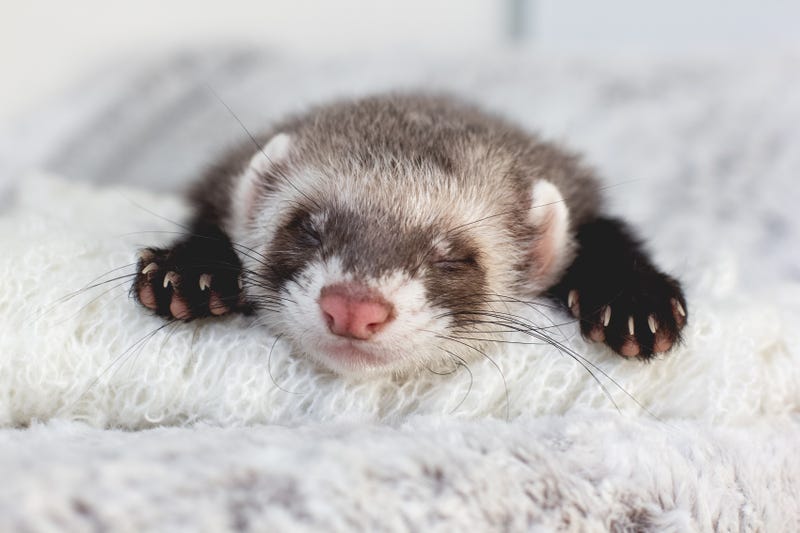
It’s not just the body that needs good sleep, but the mind as well. Chronically poor sleep is thought to raise the risk of future depression, though it can also be a symptom of the latter. And short bouts of sleep deprivation have been shown to cause mood imbalances. A 2018 study even found that temporary sleep loss can make us more antisocial and isolated from others.
Bad Sleep Might Make Vaccines Worse
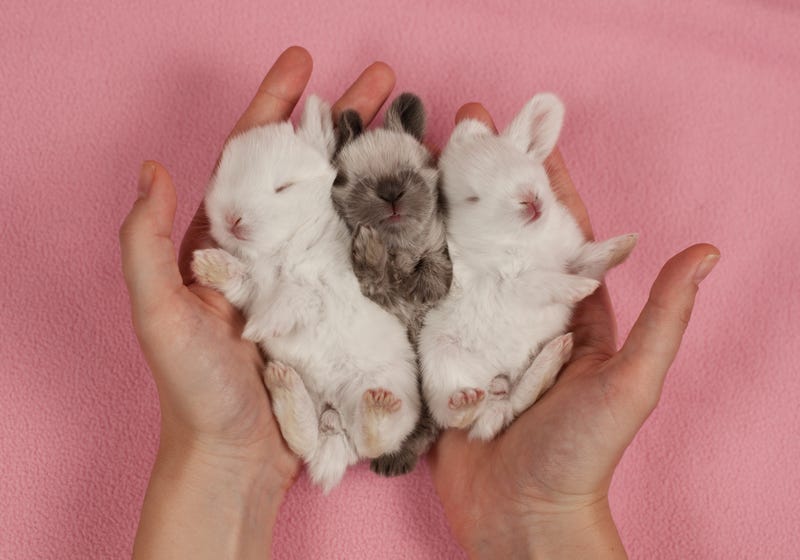
Sleep can affect our biology in both major and subtle ways. Case in point, a 2023 study foundthat sleeping fewer hours a night immediately before and after getting a vaccine was associated with having lower levels of vaccine-related antibodies—in other words, weakening our body’s immune response to whatever germ the vaccine is meant to target. Some past studies have yielded contradictory results, so more data might be needed to settle whether this link is genuine. But research in general does point to sleep being crucial for a healthy immune system.
Paying Off Sleep Debt is Harder than It Looks

Given how important sleep is to our health, it’s a shame that it’s not so easy to catch up on our lost hours of snoozing.
The authors of a 2019 study tried to empirically measure the value of catch-up sleeping. They had young healthy volunteers intentionally sleep poorly for five days, then had some volunteers get extra sleep on the weekend.
While this extra sleeping did appear to help volunteers eat lighter and better control their blood sugar, the health benefits went away as soon as they started not sleeping much again, the researchers found. If nothing else, this research seems to show that it takes more than a weekend to pay back our sleep debt.
A Fun Way to Get a Good Night’s Sleep
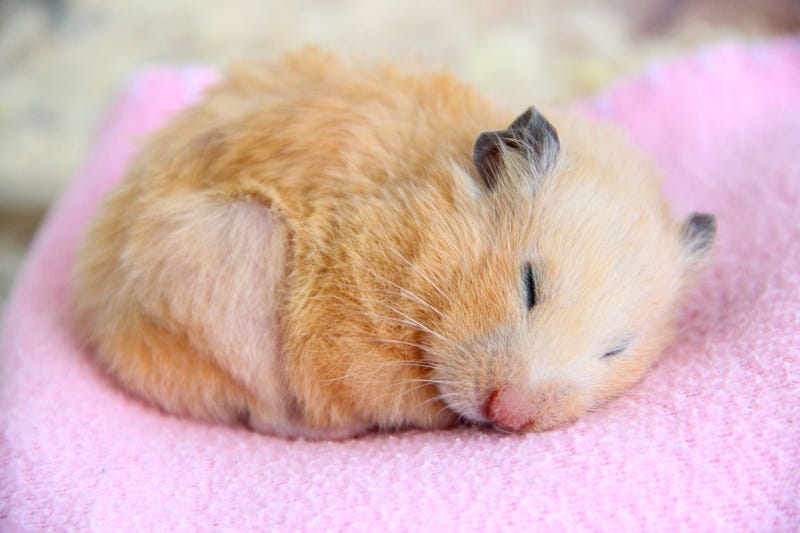
There’s all sort of folk remedies for helping you sleep well. But perhaps the most fun method might involve some time under the bedsheets.
A 2023 study found that people were more likely to report good sleep if they either had sex with someone that led to orgasm or masturbated on their own with orgasm. And for those curious, there appeared to be no significant gender differences in the results. So as long as you can get off, you’ll be more likely to doze off just fine.
Climate Change is Bad for Our Sleep
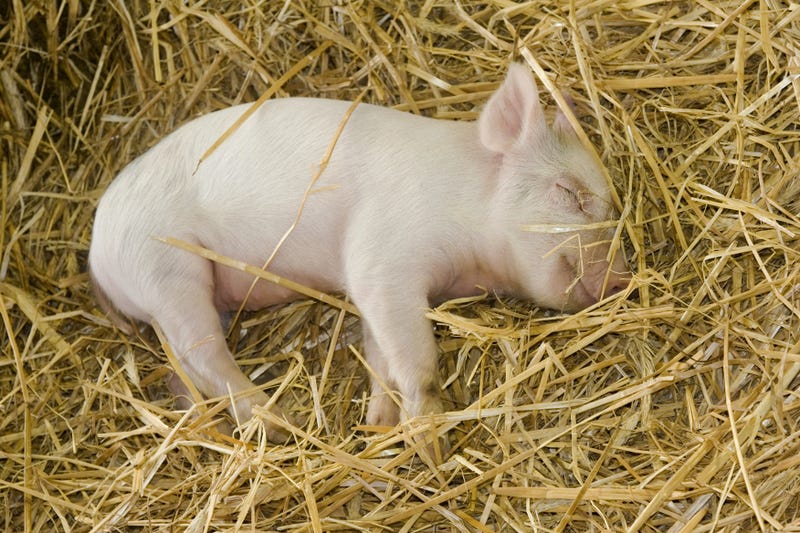
The long list of things that climate change has or will make worse for us might also include our sleep.
A 2022 study found evidence that warming temperatures have already started to erode our quality and quantity of sleep by causing more unbearably hot nights. By the end of the century, the study predicted, the worst climate scenarios might cause us to lose an average 58 hours of sleep and experience more than 14 days of short sleep a year.
Working with Al Might Be Bad for Our Sleep

Speaking of unexpected triggers for poor sleep: A research paper published last June found evidence across four different studies that people who use artificial intelligence regularly in their jobs are more likely to report loneliness, drinking alcohol, and insomnia. The authors suggest that the frequent use of AI can isolate people away from their co-workers and other humans, sapping them of their need for social contact.
The Disease That Kills Your Sleep and Then You
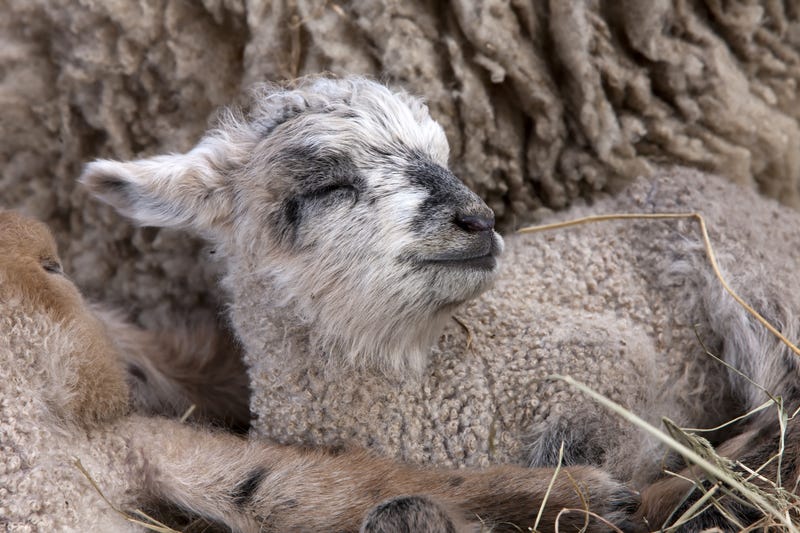
There are many diseases that can mess with your sleep, but the scariest and most bizarre one of all might be fatal familial insomnia.
Those afflicted with FFI will experience mild insomnia at first. Soon enough, however, the loss of sleep grows steadily worse, to the point where sleeping isn’t possible at all anymore. Other neurological symptoms such as speech problems, hallucinations, and eventually full-blown dementia appear as well. Like the name suggests, there is no cure for FFI and people usually die within weeks to months of the illness first making its presence known.
The silver lining here is that the disease is incredibly rare. It’s caused by prions, the misfolded zombie-like version of proteins that force their normal counterparts to become misfolded as well, which then destroys the brain. Prion diseases can emerge spontaneously, but FFI is typically triggered by having inherited mutations that make our prions vulnerable to misfolding.
There Might Be a Way to Literally Reach Your Dreams

Dream manipulation might seem like the stuff of fiction, but scientists have started to make it a reality.
In 2021, research teams from four countries reported their independent and apparently successful attempts to converse with people while they were lucid dreaming. Not only did the dreamers appear capable of responding to yes-or-no questions from the scientists, some even remembered what the scientists asked once they woke up.
A separate study in 2022 also found evidence that it’s possible to steer people away from having bad dreams by playing sound cues that the dreamers were trained to recall while awake. This method, the authors say, might be used to help people with chronic nightmare disorders.
Freddy Krueger, eat your heart out.
It’s Okay to Hit the Snooze Button

You’ve probably heard that it’s bad for you to ignore your wake-up alarm and keep snoozing longer. But research last October, one of the first to ever try studying the effects of snoozing, should reassure any would-be snoozers.
The research, which actually involved two separate studies, found no evidence that snoozers were losers—that is to say that snoozing was not associated with poorer sleep quality compared to not snoozing. In one experiment, people who snoozed did sleep about six minutes fewer on average than non-snoozers, but the researchers found no significant difference in people’s stress hormone levels, morning sleepiness, mood, and overall sleep structure; snoozers even seemed to perform slightly better on simple tests of their cognition.
So yeah, if you’re already prone to snoozing, then feel free to keep doing it.
